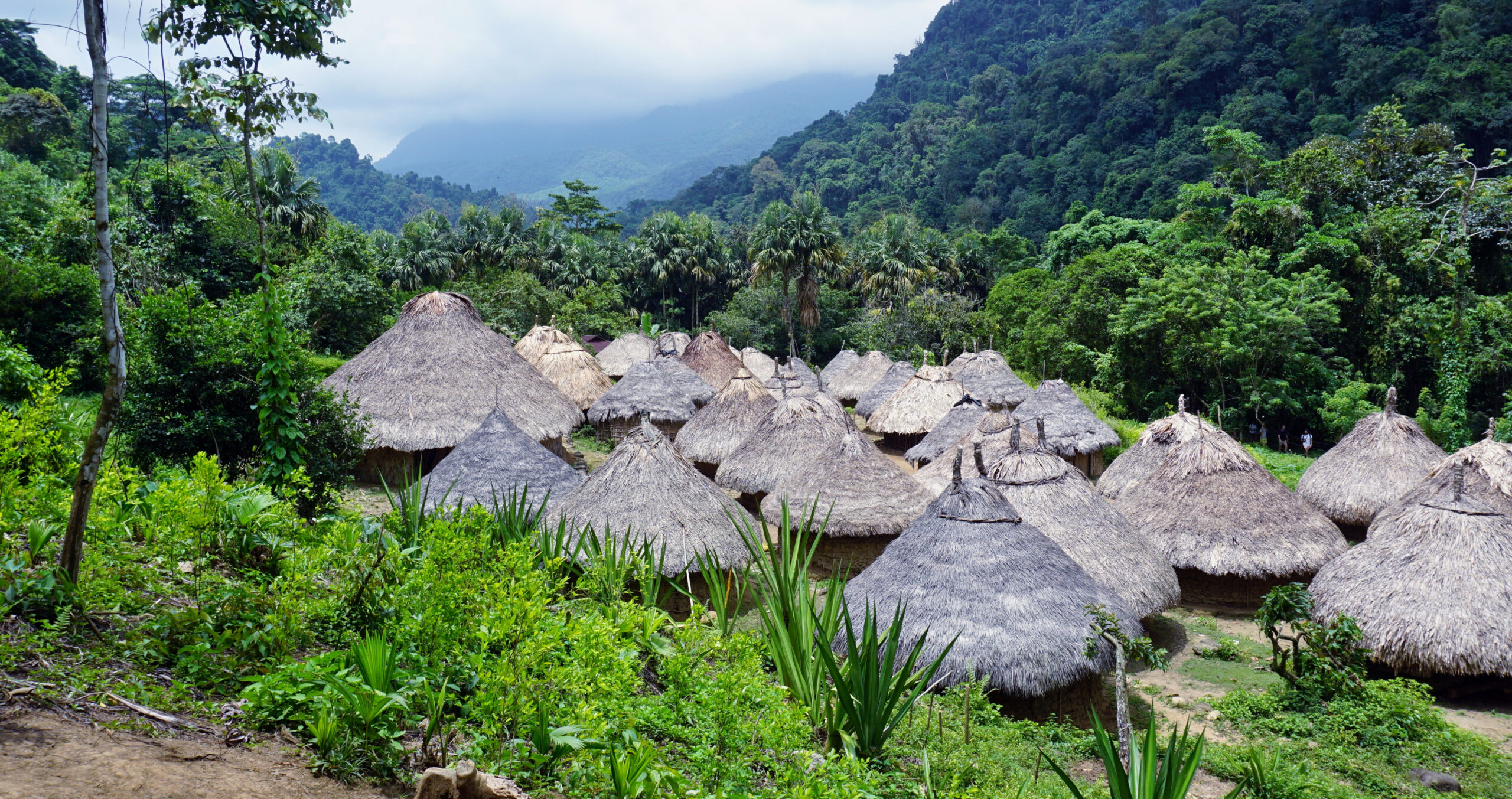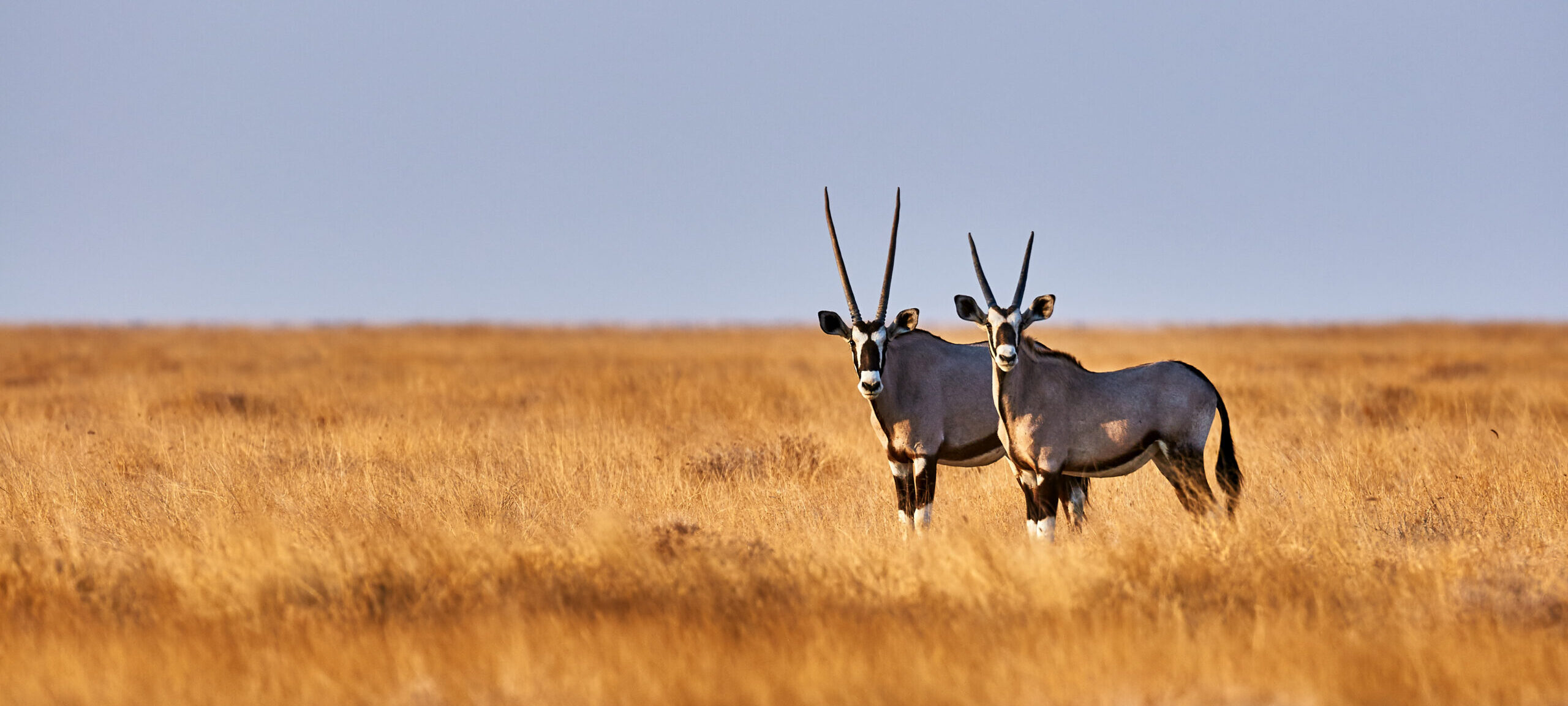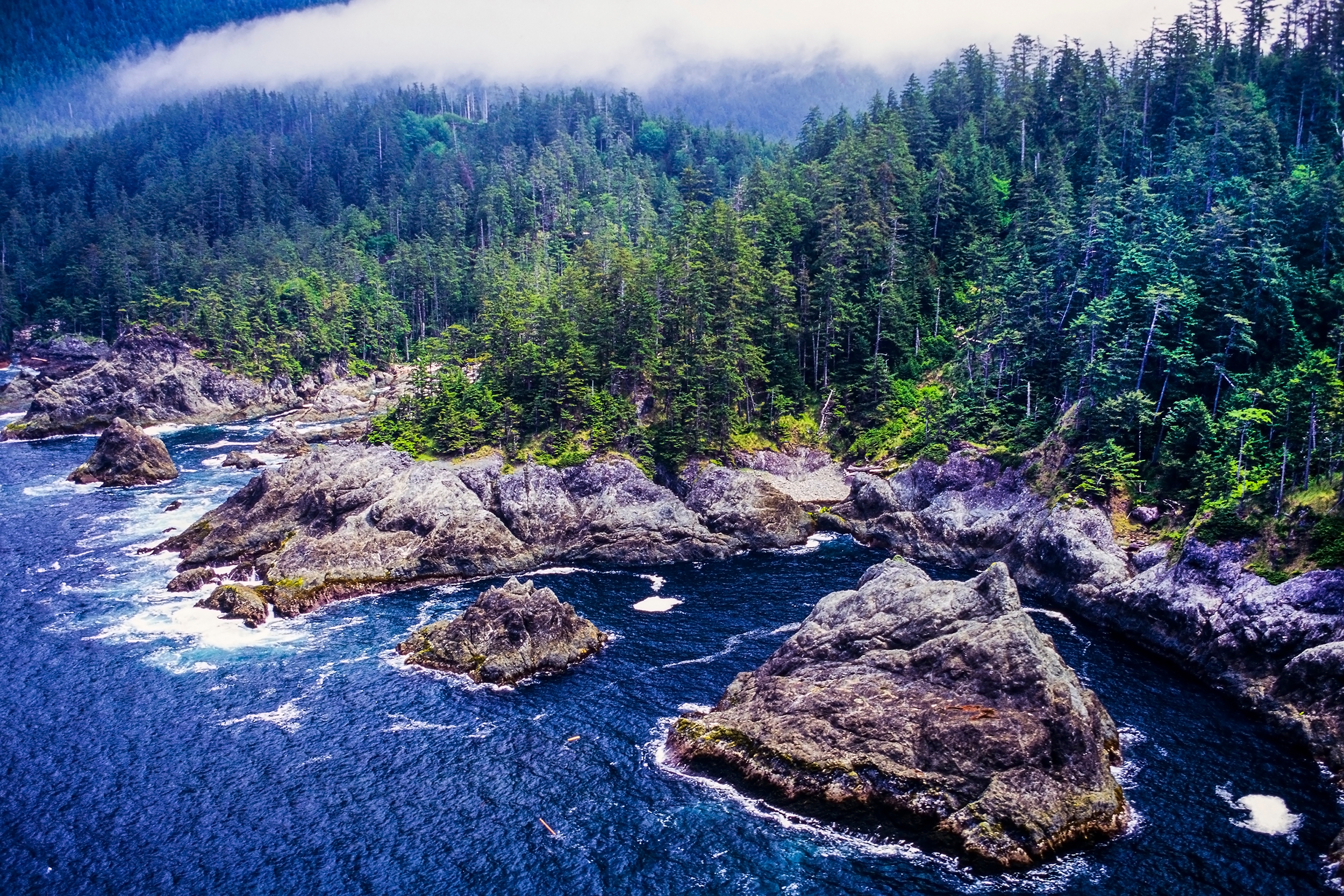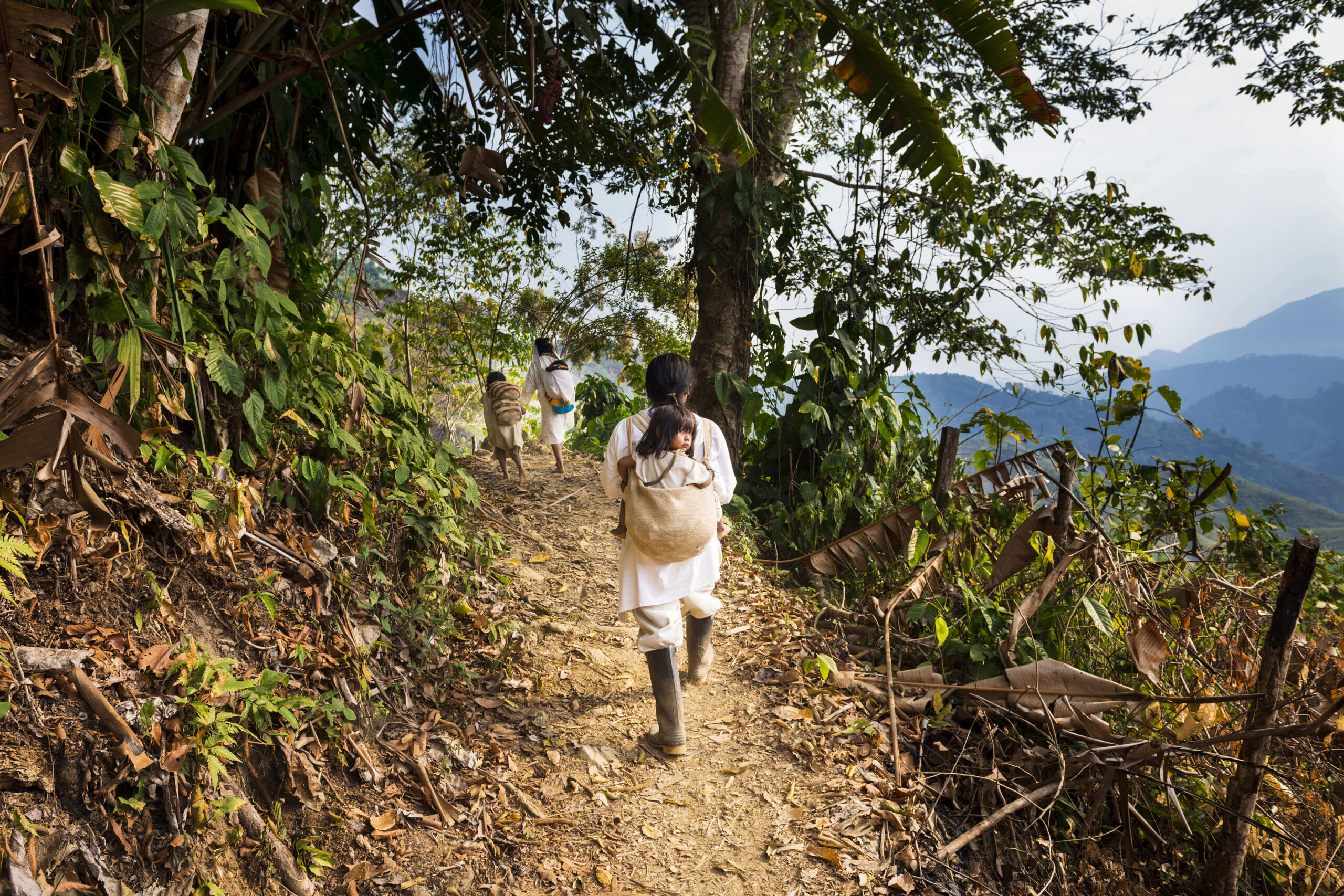Gathering of Environmental Stewards
Enduring Earth engagement at the Seventh Assembly of the Global Environment Facility
Environmental leaders from 185 countries will gather for the Seventh Assembly of the Global Environment Facility in Vancouver, BC, Canada, from August 22-26 2023.
As part of the proceedings, on August 23, 11:00am-12:30pm PDT, Enduring Earth will a host side event focused on ‘Working in partnership to secure long-term conservation financing for people and our planet: the Project Finance for Permanence model’. During the 90-minute panel discussion, government, Indigenous peoples, local community, conservation, and philanthropic leaders will share insights on the application of the Project Finance for Permanence (PFP) model as a solution that is responsive to the current impacts that people and nature face today.
The PFP approach secures long-term conservation, full and sustained funding, and community benefits through a single, transformative agreement. To this end, protected places stay protected because they are collaboratively designed, locally led, nationally supported, sustainably funded, and highly accountable.

If you are attending the Assembly in-person, please join us on Wednesday, August 23, 11:00am-12:30pm PDT in Room 203 to participate in the discussion as we consider the connections between partnerships, people, our planet, and PFPs. Alternatively you can follow the event live via @Enduring_Earth
The event will comprise two interactive panels and feature speakers involved in PFPs in various stages of development and implementation, as they share insights on the partnership approach, domestic resource mobilization, and application of the PFP model, as a conservation-first tool that brings sustainable finance mechanisms, science-based methods, knowledge management, and critical governance into a collaborative agreement.
Panelists include:
Aileen Lee, Chief of Programs, Gordon and Betty Moore Foundation
Beverly Wade, Director, Blue Bond and Project Finance for Permanence Unit, Government of Belize
Cristián Samper, Managing Director and Leader for Nature Solutions, Bezos Earth Fund
Eng. Festus Ng’eno, Principal Secretary, Ministry of Environment, Climate Change and Forestry, Kenya
Dallas Smith, President, Na̲nwak̲olas Council, Canada
Katy de la Garza, Executive Director, Forever Costa Rica
Maxi Pia Louis, Director, Namibian Association of CBNRM Support Organizations (NACSO)
Rosa Lemos de Sá, Secretary-General, Brazilian Biodiversity Fund (FUNBIO)
Nik Sekhran, Chief Conservation Officer, World Wildlife Fund
Tom Dillon, Senior Vice President, The Pew Charitable Trusts
Moderator: Zdenka Piskulich, Managing Director, Enduring Earth

GEF has been an important partner in the development of PFPs, having provided direct support to 4 out of the 6 PFPs currently in implementation in Bhutan, Brazil, Colombia, and Peru – and in the last cycle, GEF grants funded $25 million to support PFPs in Gabon, Namibia, and the Eastern Tropical Pacific.
GEF funding to support PFP initiatives includes contributions that have helped governments develop and prepare transactions; capitalize endowments and transition funds; improve safeguards capacities among local implementing partners; and support the implementation of PFP conservation plans by investing in protected area expansion, operations, and management. Projects have provided a rigorous framework within which to develop strong PFP initiatives, driving major conservation impacts where they have been implemented.
Thanks to GEF support, PFPs are strategic and aligned with government priorities and goals, including those under the Montreal-Kunming Global Biodiversity Framework.

Enduring Earth is a coordinated global response to environmental challenges – and through the PFP model we are already delivering results.
The Eastern Tropical Pacific PFP is in development and seeks to support the four governments of Costa Rica, Panamá, Colombia, and Ecuador in meeting and sustaining their 30×30 commitments and SDGs, by creating a well governed, durable, and effectively managed multi-jurisdictional and multi-use marine conservation seascape.
The Herencia Colombia PFP was established in June 2022 and safeguards incredible natural places by expanding and effectively managing 32 million hectares of landscapes and seascapes, including private reserves, land managed by Afro-Colombian communities, and land owned by Indigenous communities.
In partnership with local leadership the Kenya PFP seeks to facilitate the creation of new community-initiated and private conservancies across Kenya’s land, with a focus on critical wildlife corridors. This will be led locally, supporting the organizations that connect and strengthen the collective rights and impacts of Kenya’s conservancies, while also empowering women through increased participation, benefit sharing, and decision-making.
Led by 17 First Nations of the north Pacific coast, the Great Bear Sea PFP in Canada seeks to establish the world’s largest and most scientifically robust Indigenous-led MPA network, the product of more than a decade of collaborative planning among First Nations, Canada, and British Columbia. Restoring Indigenous governance and stewardship over marine territories will also safeguard important habitats and cultural resources, revitalize abundant fish and wildlife populations providing food security, research, and conservation-based economic development.
The Northwest Territories PFP in Canada is Indigenous-led and seeks to support an Indigenous vision to sustain permanent conservation outcomes, improve the health and well-being of communities, and strengthen Indigenous culture, language, and ways.
Through the Wahkohtowin PFP, Indigenous Nations will conserve one of the world’s largest peatlands and support climate stabilization of the region by securing the durable conservation of their lands, ocean, and freshwater. This PFP provides a potential opportunity to build a more climate-resilient ecosystem while creating a more sustainable future for the Mushkegowuk First Nations, Canada.
The Qikiqtani Inuit Association is leading a PFP that seeks to protect climate-vulnerable ecosystems that support critical marine mammals, birds, and fish. The regional marine ecosystem is sensitive to climate change, where Qikiqtani, Canada, is warming nearly 3 times faster than the global average.
The PFP now in development in Gabon, the second most forested country in the world, presents a significant opportunity to preserve the country’s abundant carbon stocks and rich terrestrial, freshwater and marine biodiversity , while supporting sustainable economic growth. The PFP aims to help Gabon become the first country to achieve “30 by 30 by 30,” that is to achieve 30% protection of its terrestrial, freshwater and marine ecosystems, respectively, by 2030, while benefitting people dependent on forests and fisheries for their livelihoods.
In Namibia, building on a strong base of work being led by the Namibian Association of Community-based Natural Resources Management Support Organizations (NACSO), the Ministry of Environment, Forestry and Tourism (MEFT), and WWF Namibia, the Namibia for Life PFP will focus on self-governing community conservancies as an area-based management strategy, providing critical support to enable the financial sustainability of Namibia’s extensive conservancy system which covers about 20.2 percent of the country (166,179 square kilometers).
In Belize PFP the Resilient Bold Belize PFP will focus on coastal and marine protected areas and ecosystems, providing protection for at least 60 IUCN-listed marine species. The PFP will use an integrated approach to deliver multiple global environmental benefits to biodiversity, climate change adaptation and mitigation, and livelihood improvement, benefitting the tourism and food sectors, strengthening fisher organizations, supporting small scale-fisheries management and engagement with tourism enterprises in the sustainable use, care and restoration of nature.
The Eternal Mongolia PFP seeks will help the country deliver on global and national biodiversity goals, while providing major carbon sequestration benefits through restoring grassland health and protecting peatlands.

In September 2021, Zdenka Piskulich, Managing Director, Enduring Earth, participated in the Leaders Pledge event at the 76th UN General Assembly and shared: By 2030 Enduring Earth will work with 20 nations to protect more than half a billion hectares of ocean, lands, and freshwater, and secure $2 billion, that will help leverage an additional $4 billion for durable conservation by 2030.
Enduring Earth is delivering on its ambition. Two years on and Enduring Earth is working with more than 90 partners, including governments, Indigenous peoples, local community champions, and funders, across 11 PFP projects in 10 countries to durably protect 324 million hectares of ocean, lands, and freshwater – an area similar in size to India. To date, more than U.S.$500 million has been raised to support this effort, leveraging an additional CAD$800 million by the Canadian Government for Indigenous-led conservation. More work is underway as we strive toward our 2030 goal, while supporting countries to successfully deliver on SDGs, 30 by 30, and country finance packages for biodiversity and climate.
